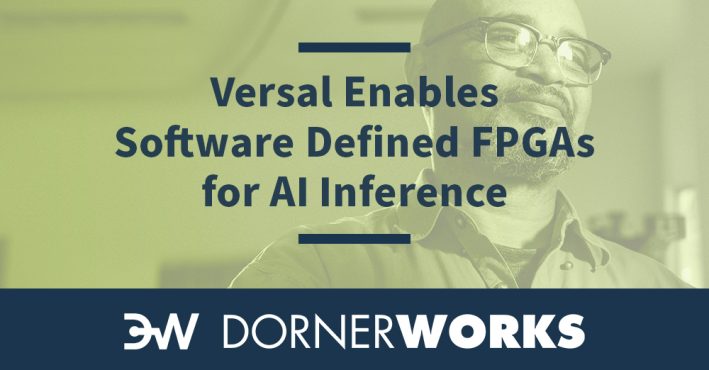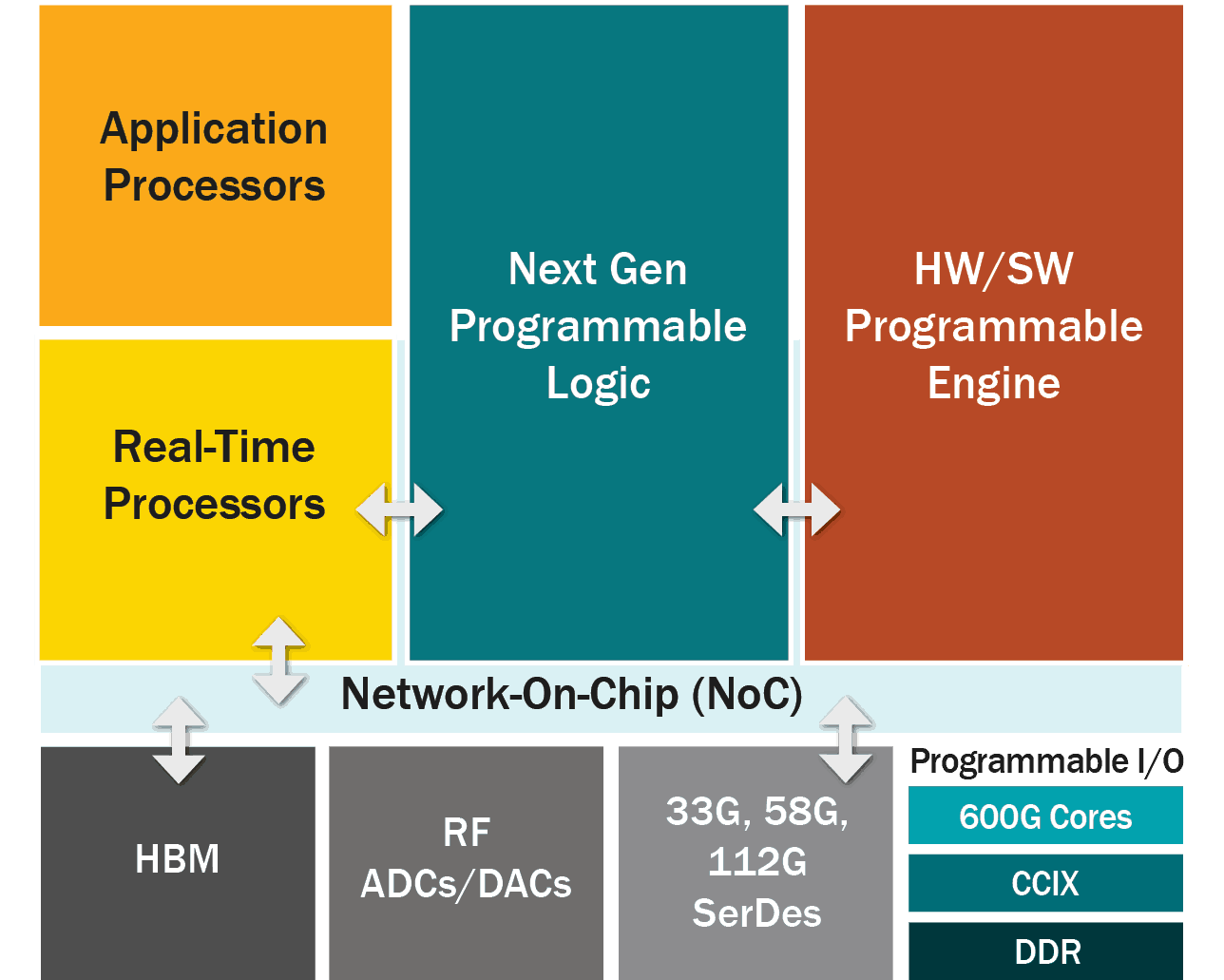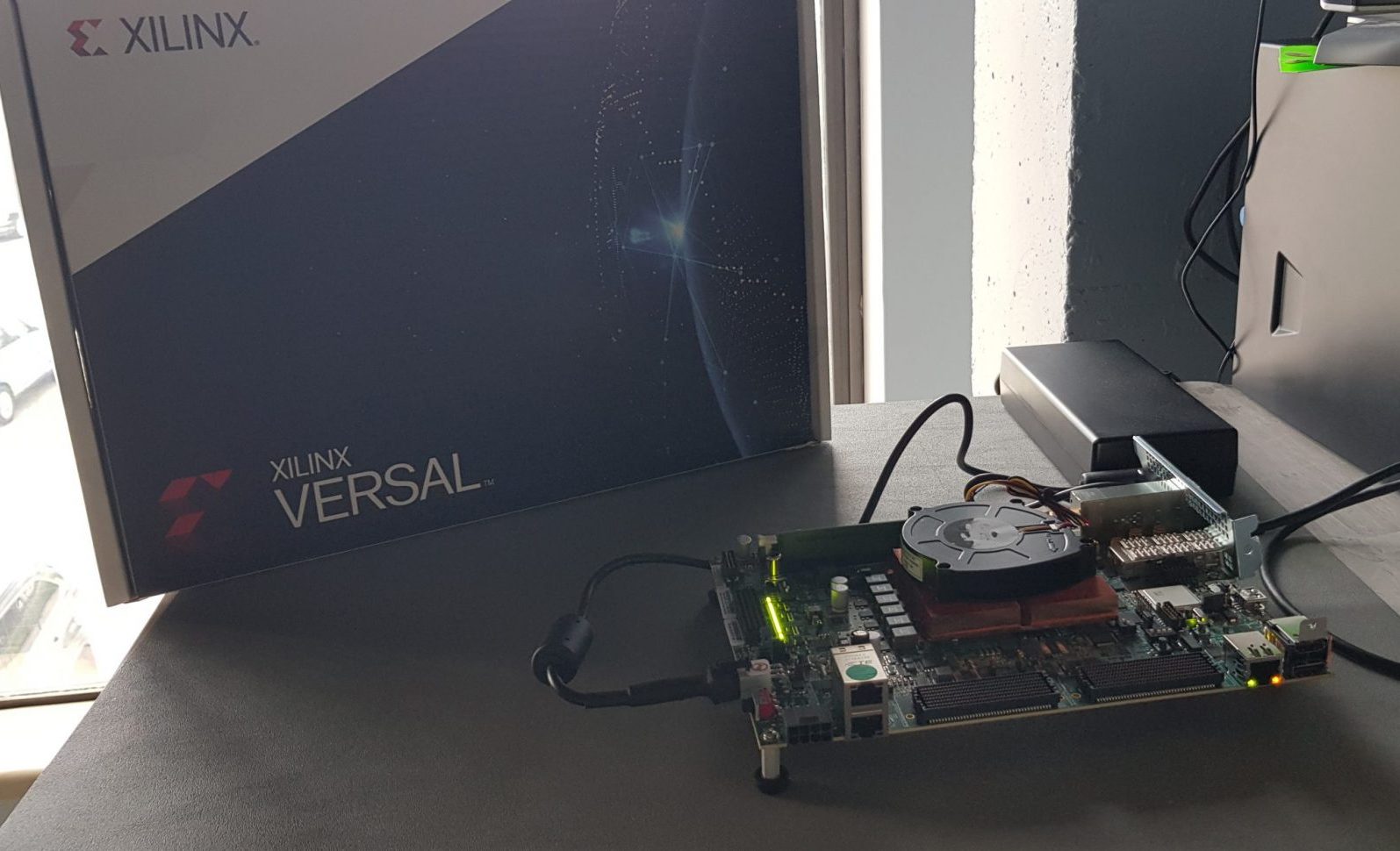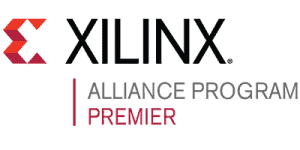
Being innovative—and staying innovative—means being able to adapt. AMD is proving just how adaptive technology can be by bringing the hardware programmability of a Field Programmable Gate Array (FPGA) to cloud computing, big data, and artificial intelligence.
The Adaptive Compute Acceleration Platform (ACAP), the first release of which is Versal features hardware-programmable DSP blocks, a multicore System-on-Chip (SoC), distributed memory, and an adaptive, software programmable compute engine, all populated on FPGA fabric and connected through a Network-on-Chip (NoC). According to AMD, Versal’s capabilities are further bolstered with highly integrated programmable I/O functionality.

FPGAs accelerate algorithms, yet development comes with a steep learning curve. It’s not a specialty that many software developers have historically pursued. Versal will help those developers surmount the learning challenge, making use of adaptable software libraries that can facilitate integration with modern machine learning applications like TensorFlow.
Among other target applications, ACAP technology is ideal for:
Endpoint, edge and cloud applications are revolutionized and supercharged with the Versal platform, and a larger ecosystem of developers with access to it.

Programmable devices like the Zynq UltraScale+ MPSoC and the groundbreaking new RFSoC have changed the world, enabling a greater capacity for connecting, translating, and securing data than ever before. Meanwhile, the FPGAs AMD first pioneered more than three decades ago, now based on Zynq technology, are making timing-critical applications that require nanosecond accurate synchronization a reality.

AMD is a true innovator in programmable devices, devices that DornerWorks has been helping customers leverage for 18 years. As a AMD Adaptive Computing Premier Partner, DornerWorks works closely with AMD supporting their latest products, training on their latest tools, and developing hardware solutions such as a System-on-Module (SOM), based on Zynq UltraScale+ technology.
DornerWorks was one of the first technology design firms in the world to work with the RFSoC, released in early 2018, and the company is excited to develop new applications with Versal.
Aerospace and defense, medical device, automotive, IoT, and industrial product designers have trusted DornerWorks as a collaborative partner since 2000, each seeking ways to invigorate their business and innovate their products with new technology. With a deep understanding of cutting edge technology development, DornerWorks provides its clients with the means to keep that technology safe and secure. Working with FPGA accelerated encryption processes, open source Xen hypervisors, and the seL4 ecosystem are just a few ways the company has enabled that security, and Versal will bring even more opportunity to keep businesses adaptive and ahead of the curve.
AMD Versal expands the limits of computational possibility, and DornerWorks is proud to be able to work with this new technology on the projects of tomorrow.
To find out how DornerWorks can help you take advantage of the latest AMD technologies, contact us today and start the discussion.